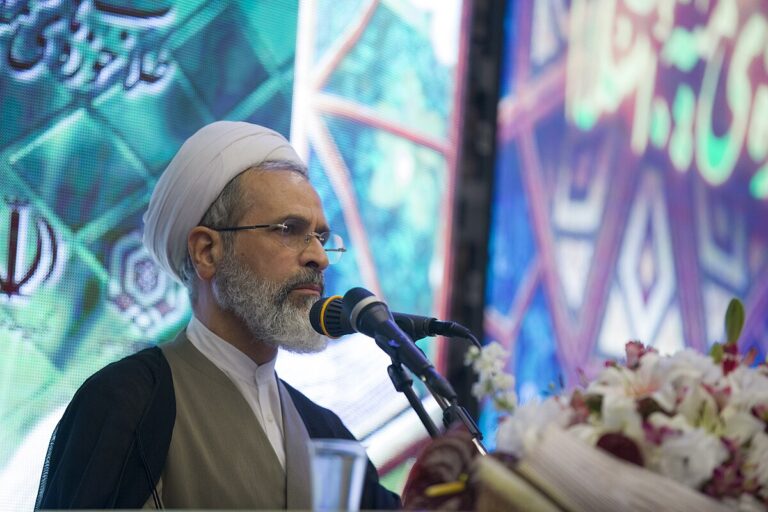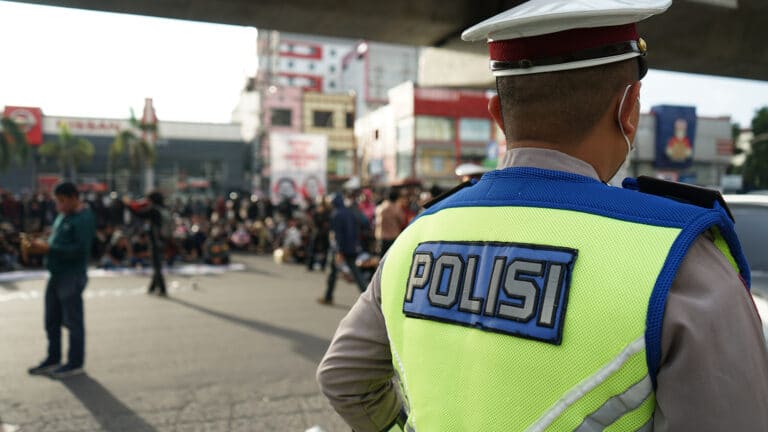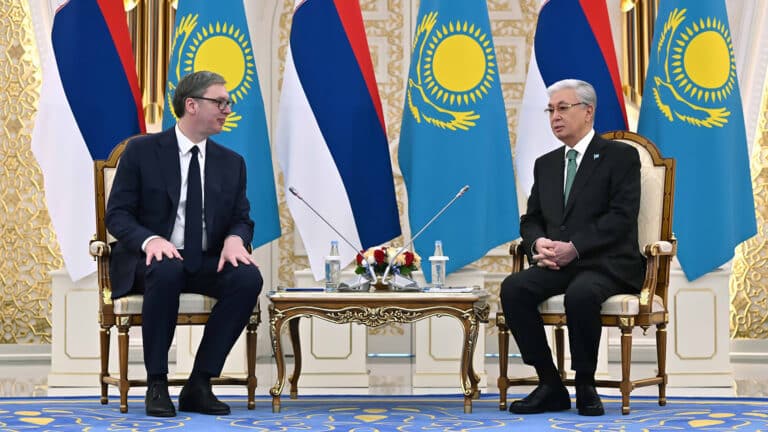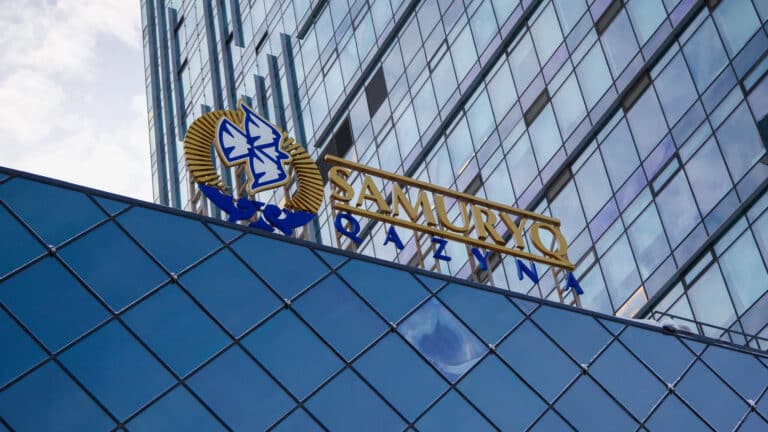BI Group, one of Kazakhstan’s largest real estate developers, is making its U.S. debut with a new residential project in Miami’s financial district. The development features luxury apartments with potential returns of 10% and starting prices of $477,000, as well as villas priced from $6.8 million. Let’s take a closer look at big projects by Kazakhstani developers and see whether they are commercially successful.
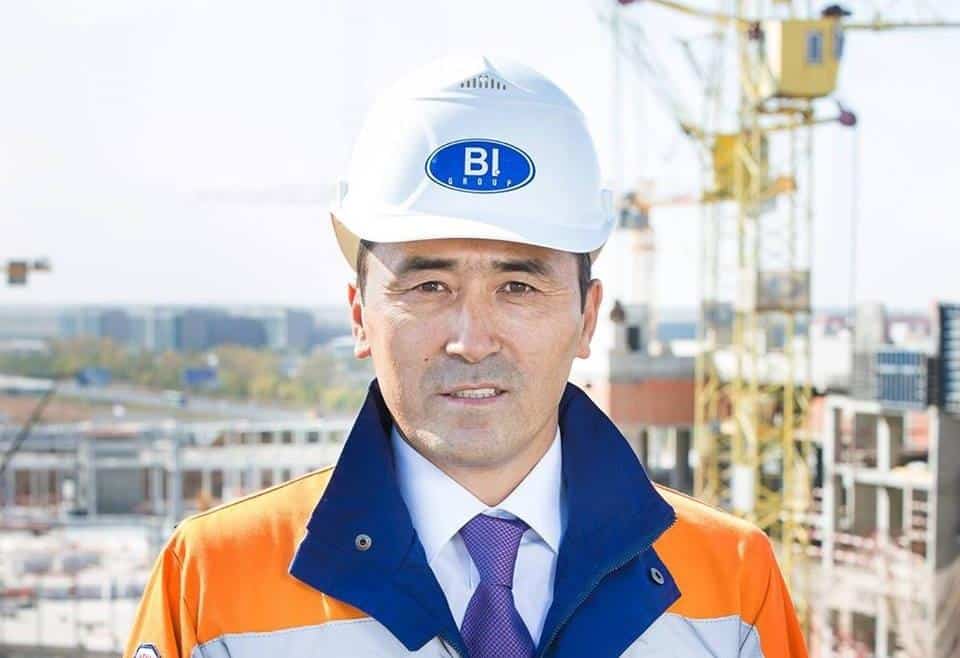
«We had dreamed of entering the U.S. market for years and two years ago, we finally made that dream a reality. We’ve outgrown Kazakhstan and are ready to expand,» said Aidyn Rakhimbayev, founder and chairman of BI Group, ranked 11th on the Forbes Kazakhstan list with a net worth of $886 million. He made these remarks at the launch of a sales event.
Last week, BI Group unveiled hotel and residential apartments across three high-rise developments under construction in Brickell, Miami’s financial center: Parkside Brickell, Millux Place Brickell and Season One Brickell. Prices for these pre-construction units start at $477,000 for a 37-square-meter apartment, which equates to approximately $14,600 per square meter (sq. m.). The eight-story building will offer furnished apartments with amenities such as a rooftop swimming pool and a fitness center.
Buy from someone you know
At the initial presentation in Astana, potential buyers from Almaty arrived to secure the most in-demand properties. A similar event in Almaty saw interest from prospective buyers in Shymkent and Taraz. The buzz was heightened by a live counter showing the number of available units, projected on a big screen. Out of the 30 units offered in Astana, 22 were sold during the event. In Almaty, two properties sold within the first minute, and fifty prospective buyers lined up in a digital queue to finalize their purchases. Many investors chose to buy without delving into the project’s specifics, trusting the developer’s established reputation.
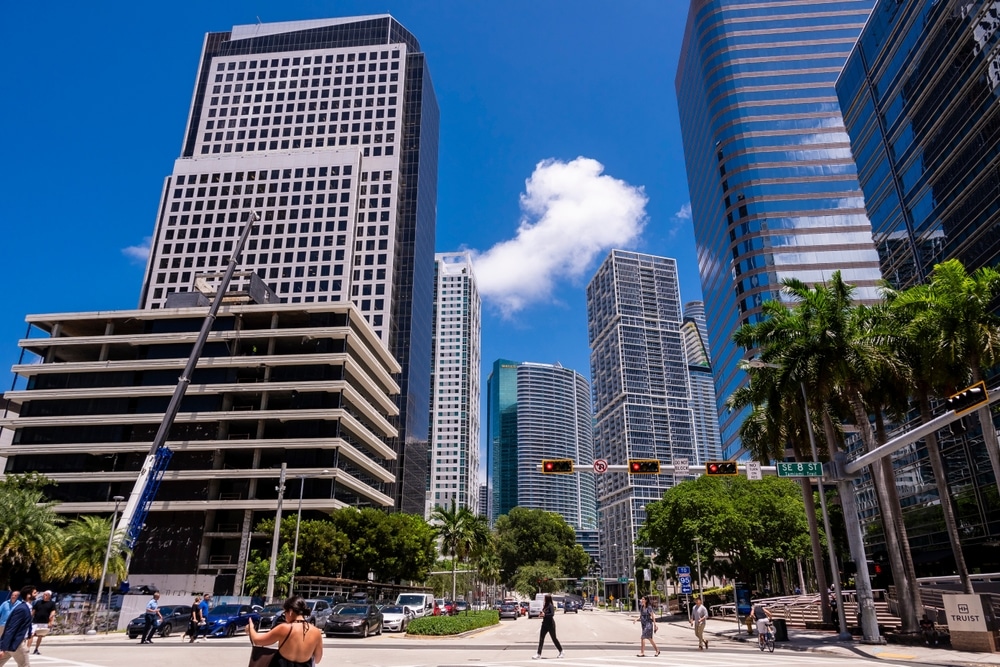
At the Almaty presentation, BI Group also couldn’t resist unveiling two additional projects: four-story, 300 sq. m. townhouses in Houston, Texas, starting at $803,000, offered as part of a limited sale. Additionally, a limited offer of three luxury villas on Key Biscayne, an island just 15 minutes from Miami, was showcased. These villas, priced between $6.8 million and $8.6 million, feature terraces and private pools surrounded by palm trees. One villa was sold the day after the presentation.
The American dream
BI Group guarantees a 10% return for two years following the completion of its three Miami projects: Parkside Brickell, Millux Place Brickell and Season One Brickell. According to the developer, in addition to the guaranteed income, investors can also anticipate capital appreciation, with U.S. real estate values projected to rise by 5% to 6% annually.
The payment plan for investment properties in Miami requires half of the total cost to be paid during the two-year construction period, with the remaining balance due at the time of project completion. For example, purchasing a 37 sq. m. studio for $477,000 in the eight-story Millux Place would require an initial payment of 10% ($47,700) upfront. Another 20% ($95,400) is due at the start of construction in the first quarter (Q1) of 2026. Then, 10% ($47,700) must be paid when the developer completes the first four floors (Q2 2026). An additional 10% is due after the full structure is built (Q1 2027) and the remaining 50% ($238,500) is payable at the end of 2027 upon completion.
In the two years following project completion, the investor is expected to receive a guaranteed income of $47,700 annually in 2028 and 2029. However, annual taxes and service fees for the property will amount to $18,600, resulting in a net income of around $29,000 per year during this period.
«The project has been marketed attractively and aggressively, likely because the developer needs pre-sales to show the bank future cash flow and secure financing. Typically, banks prefer to see 20% to 30% of units presold,» said Evgeniy Dolbilin, partner at Scot Holland / CBRE in Kazakhstan and Central Asia.
As for the potential risks, Dolbilin noted that entering a development project at such an early stage always carries risks.
«Everyone talks about future income using past data, but there’s no guarantee that U.S. real estate values will continue to rise. High-rise condos aren’t selling well in America or Asia right now due to high prices and identical lending rates. The developer might be implying short-term rentals through platforms like Airbnb or Booking, but in many areas, these rentals are restricted or even banned. Short-term rentals are not as profitable as they once were.»
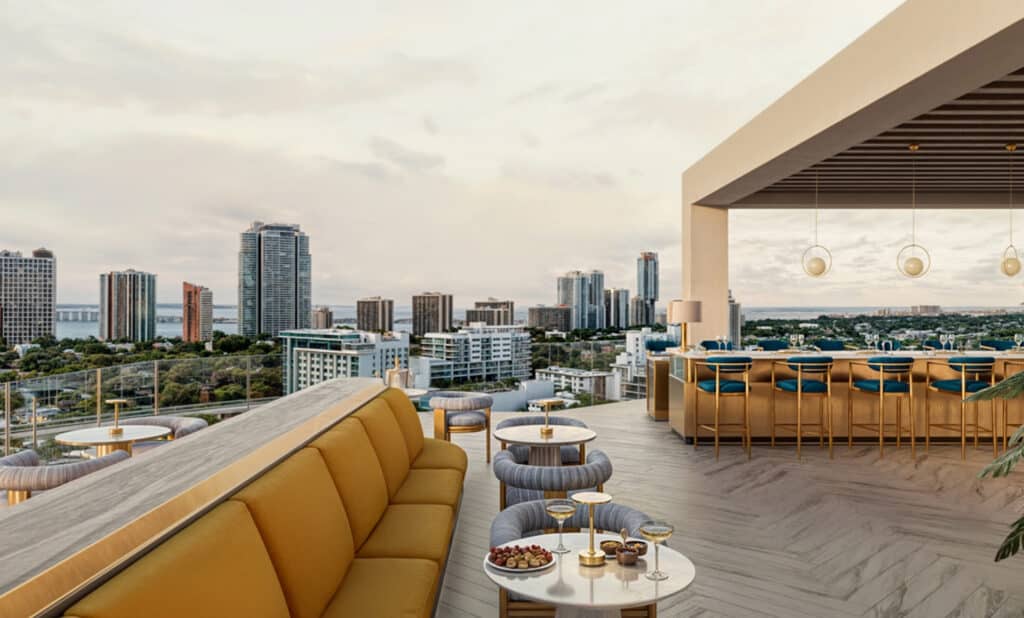
Challenges for Kazakhstani developers abroad
«A Kazakhstani developer faces numerous challenges abroad, many of which aren’t immediately obvious. These include various approvals, environmental regulations, community restrictions and complicated permitting processes, all of which can drive up costs. Many projects either fail to reach completion or diverge significantly from their original plans. Some developers have even struggled to initiate projects after acquiring land. It’s important to note that buyers typically prefer local or well-known international developers whom they can trust. Foreign companies often encounter additional challenges when attempting to secure local financing,» Dolbilin explained.
Despite these challenges, BI Group has managed to secure financing in Florida. The developer plans to finance the construction of its overseas projects with its own funds (20%), loans (40%) and private investments (40%).
To mitigate risks related to local market dynamics, BI Group is partnering with Habitat Group, led by Colombian developer Santiago Vanegas. Habitat Group is one of the top five developers in the Brickell area of Miami, according to BI Group’s chairman.
«We were fortunate to find a strong partner in the U.S. who shares our expertise and vision. We have a lot in common. Brickell is a neighborhood comparable to the upscale areas above Al-Farabi Avenue in Almaty. It has a unique vibe and it’s where all the financial activity and high-end projects are concentrated. Habitat Group has been operating in this neighborhood for over 20 years,» Rakhimbayev said.
Rakhimbayev and Vanegas share similar business profiles, education in the U.S. and a solid understanding of the target audience, i.e. their fellow countrymen. Wealthy Latin Americans play a significant role in Miami’s real estate market, as they often seek to preserve their wealth by investing in U.S. real estate, where property rights are well protected amidst political and economic instability in their home countries.
To meet the standards of Western lenders, BI Group underwent international audits conducted by Deloitte and KPMG, which led to the company receiving a Fitch rating of BB.
«You have to maintain very high standards and it’s not easy, but it’s worth it. In August, we likely became the first company in the construction industry to earn a Fitch BB ‘stable’ rating, placing us on par with the largest Kazakhstani banks,» Rakhimbayev noted.
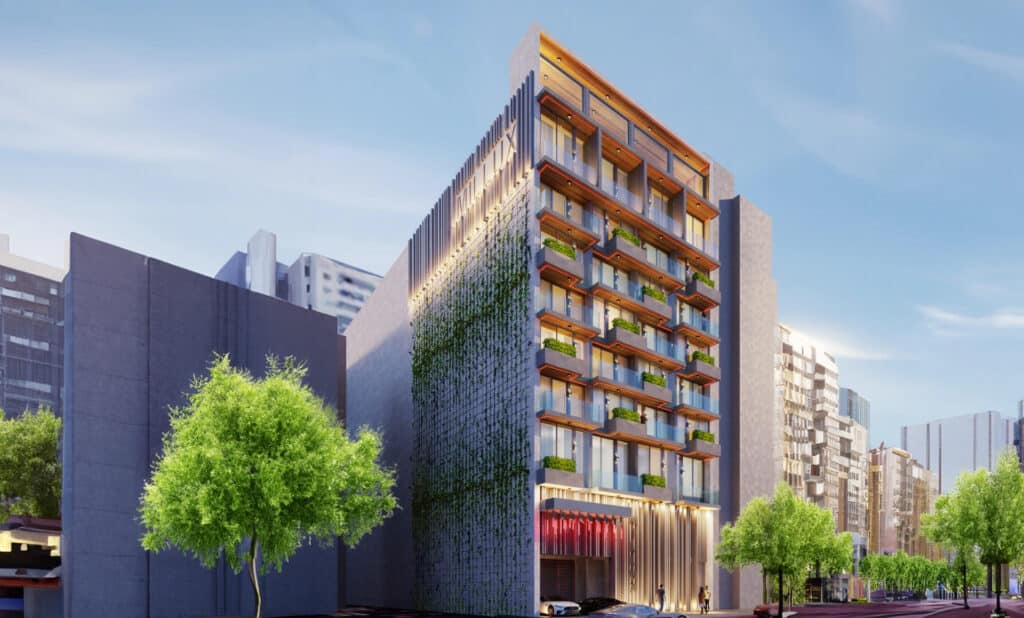
Diverse residential projects
Entering the U.S. market is not BI Group’s first experience in international markets. In 2020, the company entered the Uzbekistani market in partnership with Murad Buildings under the NRG brand. Their first project, the NRG Oybek Residential Complex, was developed in an upscale area of Tashkent, with the partners investing $33 million. Today, the NRG brand boasts over 10 large-scale projects. One example is NRG Yangi Baxt, a major development that includes residential units, a school, a kindergarten and a shopping mall.
After gaining some experience in Uzbekistan, BI Group launched several independent projects in December 2023. The first, Botanika Saroyi Residential Complex, is scheduled to be completed by Q2 2025, with its building frame already constructed. Two other projects are set to be completed by late 2025 and 2026, respectively. Additionally, the company is developing the BI Flagman project in partnership with Al-BINA.
«When entering a new market, establishing the right partnership with a local company is key to success. While international expertise is crucial in development, understanding local specifics is just as important. As the market evolves, opportunities arise to diversify product offerings and segment the market to better address the community’s needs. Implementing projects independently gives more flexibility than joint ventures and the real estate market of Tashkent is large enough to accommodate both joint and individual initiatives,» explained Denis Sokolov, FRICS, partner and CEO of Commonwealth Partnership Uzbekistan (CMWP), outlining BI Group’s strategy.
CMWP considers BI Group’s projects in Tashkent to be among the most successful. «The company has built a solid reputation as a reliable real estate developer and is now a benchmark for entering new markets. The NRG Oybek project is fully realized, fully occupied and successfully managed. It stands out as an example of a well-located, high-demand rental property,» Sokolov added.
Beyond Uzbekistan, BI Group is implementing distinct projects in Azerbaijan, Georgia, Kyrgyzstan and even in present day Ukraine. «We began our work in Kyiv before the war and continue operations despite the challenges. Our team remains committed to building and we are hopeful for improvements in the situation,» Rakhimbayev said.
Since 2023, BI Group has been exploring opportunities in the UAE market, although no official projects have been announced yet.
East or West, home is best
Before BI Group’s significant expansion into foreign markets, another major Kazakhstani developer, Bazis-A, led international projects.
Since the mid-2000s, Bazis International Group, a subsidiary of Bazis-A, had been purchasing land in major cities such as St. Petersburg, Novosibirsk and Toronto. Later, they expanded to Moscow, Pattaya (Thailand), Ukraine and the UAE. As the Kazakhstani real estate market stagnated in late 2007, the company turned to its foreign ventures.
However, not all projects turned out to be successful. In Siberia, Bazis faced $15 million in losses and was forced to close its subsidiary through bankruptcy due to poor partner choices and failed negotiations for bank financing.
In Thailand, in the 2010s, the company launched a luxury project, Centara Grand Residence Pattaya. However, construction stalled and by 2017 it had come to a complete halt. For six years, only the foundation and partial structures were completed. Investors who had purchased apartments took legal action, but by that time, Bazis-A had already cut its ties with the project.
Bazis International initially struggled in Toronto, Canada. The developer had ambitious plans for several high-profile projects, each worth hundreds of millions of dollars. One such project was an 80-story skyscraper located at a prominent city intersection, featuring luxury residential apartments, a hotel and a shopping mall. Touted as the future tallest building in Toronto, it faced opposition from both locals and city officials due to its height and its flashy «Dubai glitz,» which was seen as out of place with Toronto’s more reserved architectural style. Despite this setback, Bazis International didn’t abandon its efforts in Toronto. The company persisted and eventually completed a series of five residential complexes, with buildings ranging from 32 to 58 stories. The last of these projects was finished in 2019. Since then, the company has not announced any new developments in Toronto.
Successful acquisition of local financing played a pivotal role in the developer’s entry into the Toronto market. This strategy also proved essential for launching projects in St. Petersburg. In 2008, in Russia’s northern capital, Bazis-SPb, Bazis-A’s subsidiary, successfully negotiated a $35 million loan at a 14.75% interest rate from Sberbank for its first project — the Lumiere residential complex, which had an estimated cost of $110 million. Interestingly, the developer is currently building a premium residential complex with the same name along the Esentai River embankment in Almaty. The St. Petersburg Lumiere project was completed in 2012. Later, the company completed two more residential projects — Neva-Neva (2020) and Belyi Ostrov (White Island, 2023). However, these developments failed to generate significant public enthusiasm. On the Russian new-build aggregator Cian.ru, they received ratings of 3.3 and 3.8 out of 5, respectively. The developer has not announced any new projects in Russia.
In March 2022, Bazis-T, Bazis-A Corporation’s Tashkent-based subsidiary, introduced its first project in Uzbekistan’s capital, the Koh Ota residential complex. While it’s too soon to evaluate the project’s ultimate success, local market experts are optimistic about its prospects. According to local real estate experts, Uzbekistanis often favor developers from Kazakhstan, who have a longer track record and more experience operating in a liberal economy than their local counterparts.
Rams: expanding internationally
Rams Kazakhstan is another developer testing its capabilities in foreign markets. Interestingly, Kazakhstan itself is a foreign market for Rams, which has Turkish roots. Since 2017, Rams has been reinvesting its earnings from Kazakhstan into its native Turkey, developing hotels and luxury housing in Bodrum and Istanbul. The company aims to rank among the top five in Turkey’s construction sector.
In April 2022, Rams Kazakhstan announced a project on the Thai island of Phuket. The developer offered Kazakhstani buyers resort properties in the Layan Green Park eco-friendly hotel, promising guaranteed income.
Two years on, the first phase of the project (the hotel and two seven-story residential buildings) has been completed. According to management, the acceptance and registration of the condominium are currently underway and the hotel already has its first guests.
About 70% of home buyers in Layan Green Park are Russian-speaking, with Russians and Kazakhstanis being the primary property owners. The project manager also noted that «wealthy Thais from Bangkok and Europeans» have purchased some units. Around 80% of buyers purchased the homes as investments, while 20% bought them for personal use.
The developer believes the project cost is significantly lower than similar developments in Phuket. This is due to features like higher ceilings (2.7 meters instead of 2.4 meters, which adds approximately 15% to the cost), premium furniture (cabinetry sourced from a Chinese manufacturer instead of hand-crafted, low-quality pieces, contributing an additional 8.3%), as well as the inclusion of a children’s club, a large underground parking lot and water, heat and energy-saving technologies, along with smart systems. «The cost of construction is 56.44% higher, but the price of apartments is up by only 15%,» stated the spokesperson for Layan Green Park.
According to the developer, the value of apartments in the first phase has already risen by 76% during construction. Over the past two and a half years, the minimum selling price for units has increased by 39%, from $4,200 to $5,800 per sq. m.
Moreover, the management company anticipates nearly 100% occupancy during the high season starting from the first year of operation of the eco-friendly condo-hotel. «During the high season, we expect almost full occupancy, as demand in this area exceeds supply. In the low season, occupancy should be around 70%, with an overall yearly average of about 80%,» the sales department shared with potential buyers.
Despite these optimistic projections, the guaranteed return offered by the developer has dropped from «7% to 8%» down to «around 5%» over the past two years. Additionally, about 10% of the apartments remain unsold, according to the price list. To stimulate sales, the developer has launched a promotion offering a free furniture package. Besides, the sales department has hinted at the possibility of a small discount. The developer needs buyers’ funds since, according to the sales team, no loans have been used to finance the project — it’s being funded exclusively by private investors.
In June 2023, the developer began construction on the second phase of the project. However, Rams is no longer among the shareholders.


